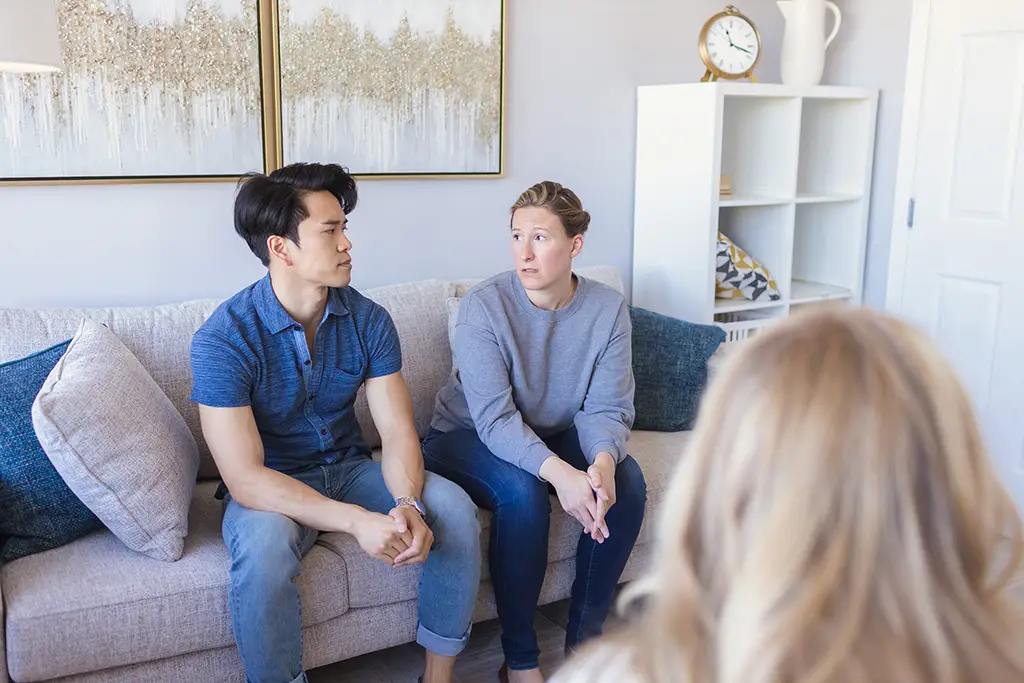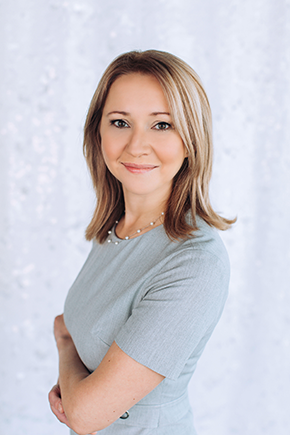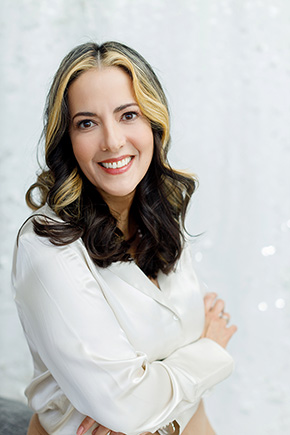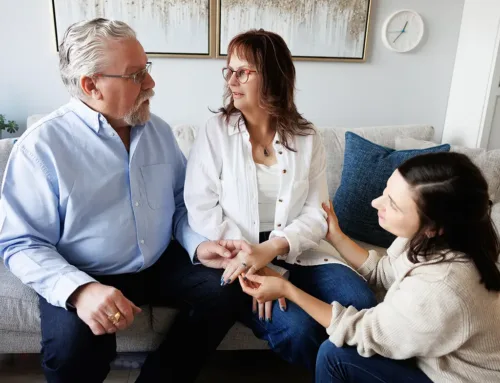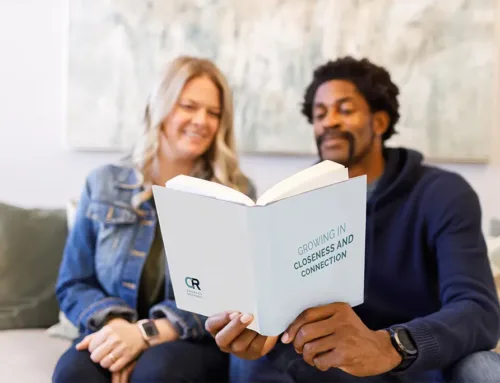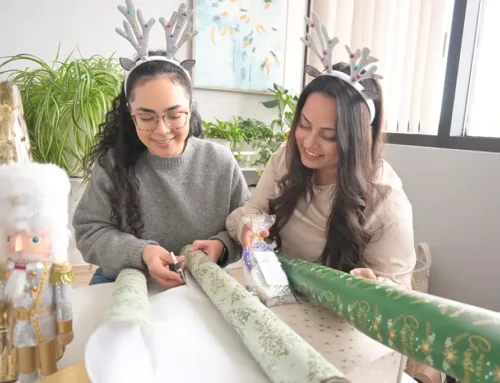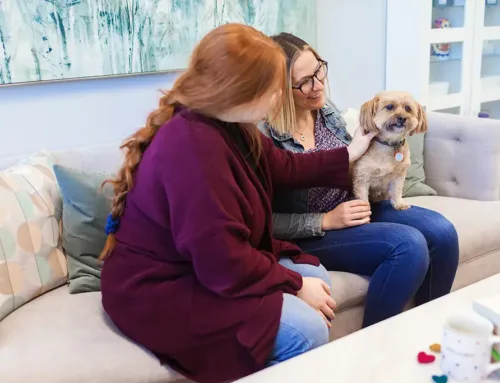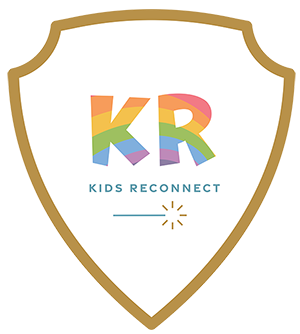Why are we fighting about the same thing, again and again?
If it feels like a pattern, it might be.
Understanding why this might be happening,
can help you break the cycle.
In this blog post, our clinic’s Natalie Bergman points out why couples often fight repeatedly about the same issues.
Meet the author
Natalie Bergman, DCP, RPsych
COUPLES THERAPIST
Meet the editor & copywriter
Ana Hoepfner, BEc
COMMUNICATIONS
Stuck in the same fights over and over?
Have you ever wondered why you and your partner seem to argue about the same things over and over again? Repetitive conflicts are a common issue in relationships, and they can leave you feeling stuck, exhausted, and increasingly frustrated.
Understanding the dynamics behind couples’ repetitive fights
Understanding the dynamics behind these fights can help you break the cycle and build a stronger connection. Here are five reasons why this might be happening, based on insights from Emotionally Focused Therapy (EFT) for couples.
1. The dance of emotional patterns.
Just like “Groundhog Day”, repetitive fights can feel exhausting, but they don’t have to define your relationship. By identifying and understanding your emotional patterns and working together to address them, you and your partner can break the cycle and move towards a more secure, connected, and fulfilling relationship.
Reference
Johnson, S. M. (2019). The practice of emotionally focused couple therapy: Creating connection (3rd ed.). Routledge.
